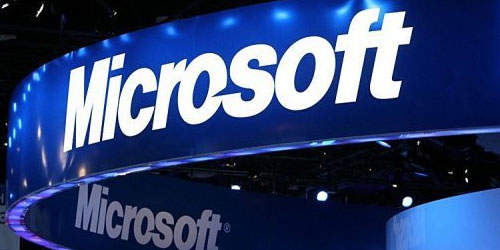
(KEN MACHARIA) Microsoft has embarked on a consumer education program to fight the sale of counterfeit software in the country. An anti-piracy hotline has been launched to help vendors and users report cases of software piracy.
The pirated software, packed to look like genuine software, is being sold below local market prices and is of high quality, making it difficult for consumers to distinguish between original and pirated Microsoft software.
With the support of the Kenya Copyright Board and the Kenya Anti-Counterfeit Agency, Microsoft has embarked on a consumer awareness program to curb the trade of counterfeit software.
The high quality counterfeit Microsoft software currently being distributed in Kenya includes fake hologram CDs and fake Certificate of Authenticity labels that look like the originals which are sold as complete software packages.
“We’ve recently uncovered several counterfeit versions of Microsoft software,” said Edward Sigei, Chief Legal Counsel of the Kenya Copyright Board.
“Pirating software is often seen as a ‘cheap’ alternative to purchasing it legally. However, in the long-term it can be far more costly, and for businesses and government agencies, disastrous. We’re advising anyone who suspects they’ve purchased a counterfeit to report it to the Kenya Copyright Board or via Microsoft’s Anti-Piracy Hotline.”
Nearly 83% of Software in East and Southern Africa (excluding South Africa) is pirated, totaling to $109 million of counterfeit software installed in computers, according to a 2010 Global Software Piracy Study by Business Software Alliance (BSA). Piracy levels in the region almost double the global average, which stand at 42%.
In addition to the hotline, Microsoft will provide more support for genuine resellers.
“Honest resellers, who sell only genuine software, are put at an unfair disadvantage, and ultimately, the whole economy feels the effects,” said Michael Berenju, Anti-Piracy Manager, Microsoft East and Southern Africa.
“We are actively working to ensure our customers and partners in Kenya are protected from unscrupulous suppliers – this is a responsibility we take extremely seriously. When they come to us for help, we make sure they receive the necessary support from Microsoft and collaborate with local law enforcement authorities like the Kenya Copyright Board or the Anti-Counterfeit Agency to take appropriate enforcement action against resellers who are supplying counterfeit software,” added Berenju
For more information on how to protect yourself from counterfeit software, as well as tips and tricks for how to spot and avoid illegal software, please visit Microsoft’s anti-counterfeiting site http://www.howtotell.com.
